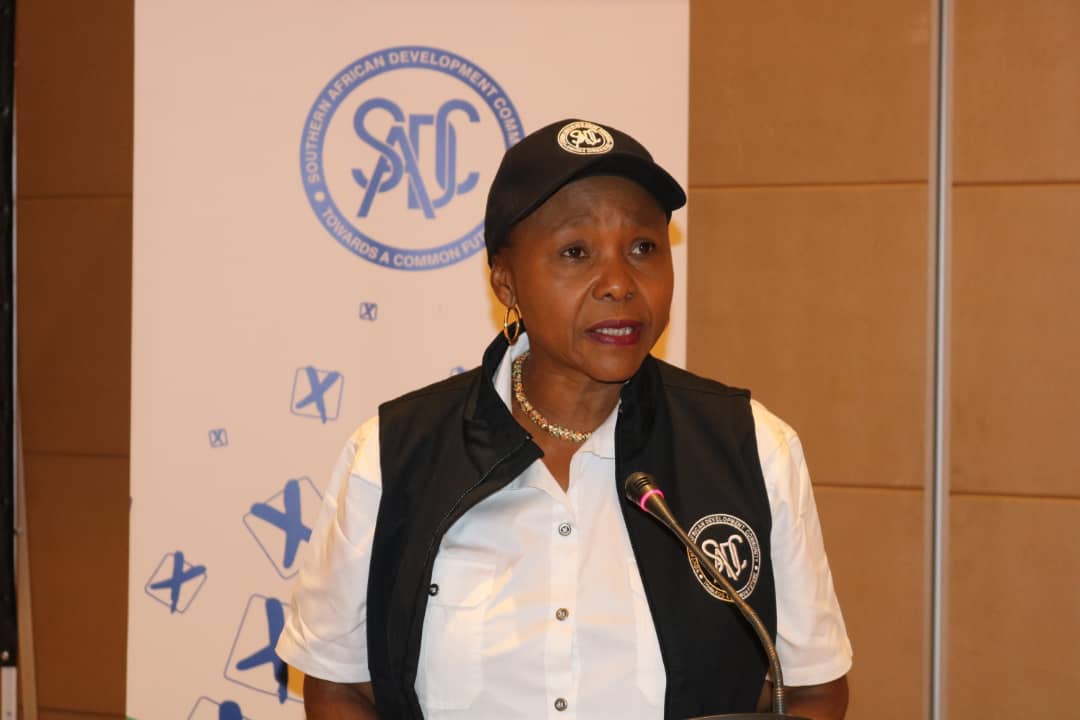By Thabisani Dube
Kadoma — In a critical step toward tackling power shortages and climate change, Zimbabwe has launched a national campaign promoting energy-efficient refrigeration, air conditioning, and related appliances.
The initiative, unveiled at a four-day workshop in Kadoma led by the Ministry of Environment, Climate and Wildlife, aims to reduce electricity demand and greenhouse gas emissions through the adoption of energy-efficient appliances. These efforts align with the Kigali Amendment to the Montreal Protocol, targeting the phase-out of ozone-depleting and high global warming potential refrigerants.
George Chaumba, Project Manager at Zimbabwe’s National Ozone Unit, highlighted the country’s progress in eliminating more than 99 percent of ozone-depleting substances.
“The Kigali Amendment is not merely about refrigerants — it transforms how we cool our homes, preserve food, and protect our environment,” he said.
Central to the campaign is Statutory Instrument 49 of 2023, which mandates Minimum Energy Performance Standards (MEPS) and certified energy efficiency labelling for refrigeration, air conditioning, and heat pump appliances. These rules support a regional effort with SADC and UNEP to curb the import and sale of inefficient, high-emission products.
Enforcement has been stepped up with joint inspections at borders and retail outlets by the National Ozone Unit, Environmental Management Agency (EMA), customs, and law enforcement agencies.
“We take a zero-tolerance stance on violations threatening our environment and energy security,” Chaumba affirmed.
In an interview, Chaumba expanded on the campaign’s goals and enforcement strategy.
“These appliances consume more than 70 percent of our national electricity. By educating consumers to make informed purchasing choices, we can significantly reduce demand,” he explained.
Chaumba noted a visible shift in consumer behaviour since the awareness campaign began.
“People are now factoring energy efficiency into their decisions. They ask about energy labels before buying.”
He also emphasised the importance of proper servicing, warning that leaks in refrigeration and air conditioning systems lead to inefficiency and excessive power use.
“SI 49 prohibits untrained individuals from repairing or servicing refrigeration appliances. We’re working closely with EMA to enforce this.”
Asked about challenges, Chaumba cited logistical issues and the need for stakeholder buy-in.
“EMA needed to appreciate the urgency, and the refrigeration association had to inform its members. That’s now done—we’re ready to enforce.”
Warning both technicians and appliance owners, he said: “Anyone found operating without certification faces a Level 6 penalty or a fine. And if you hire someone unqualified, you too can be prosecuted.”
The workshop featured sessions dedicated to educating consumers and media practitioners about sustainable cooling.
Tatenda Kamudaidzo, a retailer from Masasa Camp, Harare, observed: “Customers now ask for energy labels before making purchases.”
One media practitioner stressed the media’s role in awareness saying: “MEPS must become a household term. We want to be part of the solution. This is our future.”
Zimbabwe’s National Energy Efficiency Policy, launched in April 2025, underpins these efforts, targeting a 40 percent reduction in per capita greenhouse emissions by 2030 and supporting the country’s Paris Agreement commitments.
While the workshop focused on Zimbabwe, regional neighbours like Zambia are also advancing energy efficiency policies and renewable energy adoption, though they were not present at this event.
Authorities urge all importers, retailers, and consumers to fully comply with new regulations, warning that violations will attract strict legal consequences. Further stakeholder consultations are planned to deepen Zimbabwe’s climate resilience and sustainable development.












